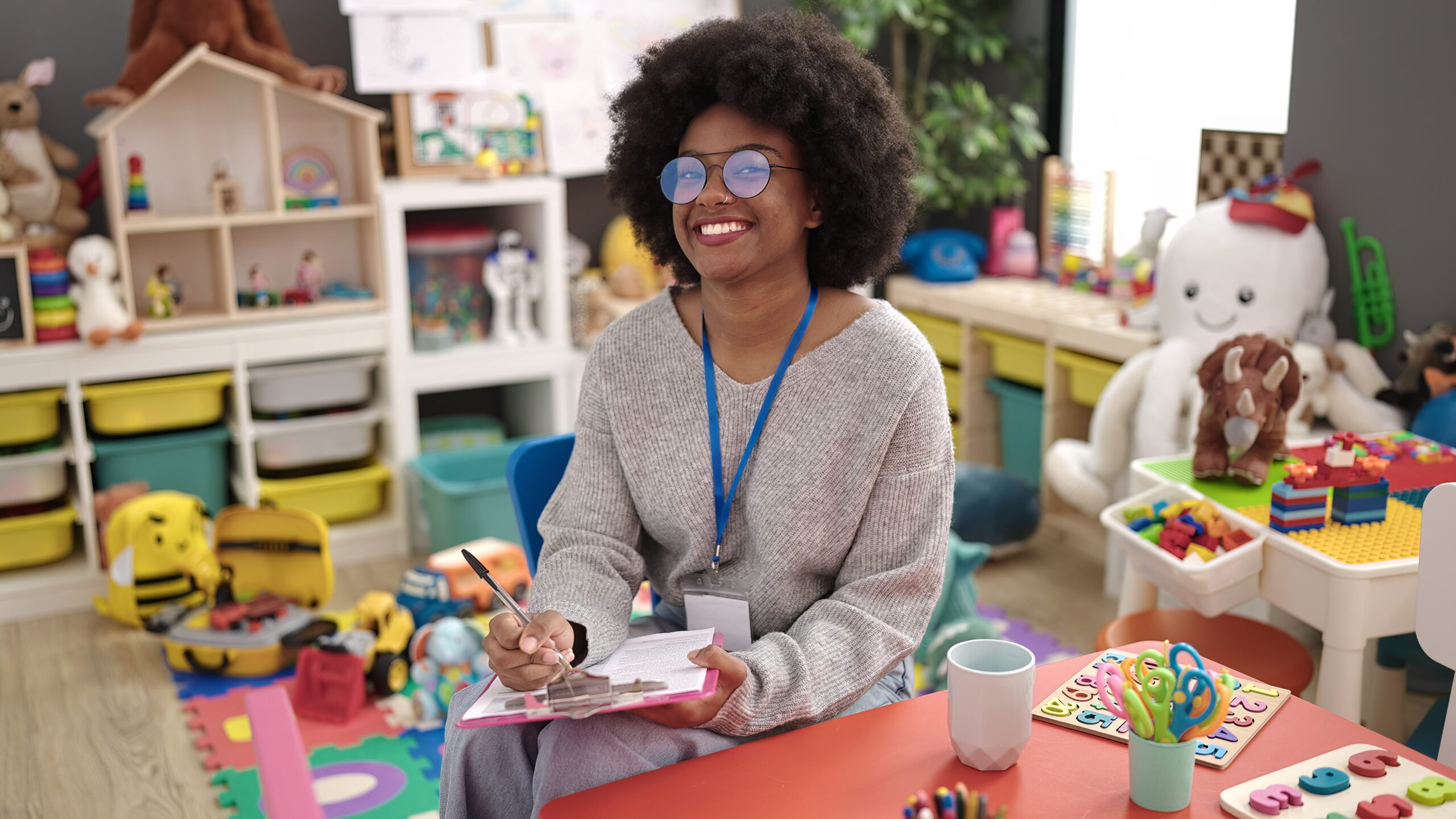Preparing for Ofsted inspections webinars
Insights into the key changes with NDNA’s recorded webinars
Purchase our recorded webinar to be more informed about the latest Ofsted reforms due to come into place from 10 November 2025.
Buy now
Summary of changes: Early Years Inspections 2025
The new toolkit and operational guides will apply to inspections from 10th November 2025.
See all of the upcoming changes to Ofsted inspections which come into effect from 10 November 2025. Be prepared in your setting and download our summary of changes document.
Download here



